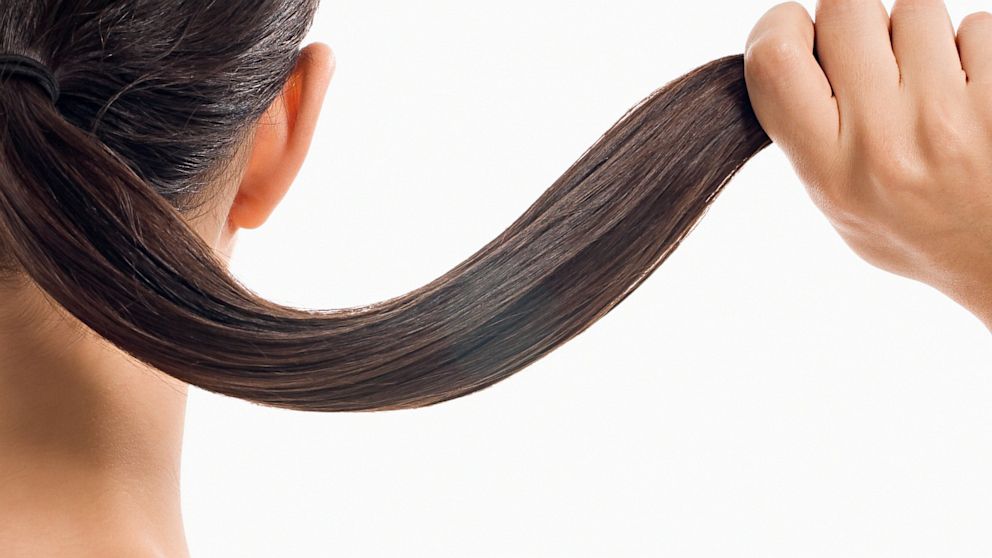Venezuelan Authorities: Hair-Stealing Gang Is Waging a Psychological War Against the Country
Venezuelan authorities warn country of gangs of hair thieves.

Aug. 21, 2013— -- Bands of hair thieves known as “piranhas” are terrorizing the Venezuelan state of Zulia, President Nicolás Maduro has warned.
Men and women armed with scissors and pruning shears are roaming the streets cutting innocent women’s hair to sell in the black market, presumably for wigs and hair extensions. Figures oscillate between $400 and $1,200 per set, according to various news reports.
“Now there’s a little campaign. They steal hair from some girls,” Maduro said last Wednesday. “What is that kind of aggression against women? Women are scared. All of you that are involved and that are part of these groups, be aware that we are going to punish you.”
Maduro also said the piranhas are Colombian and that they are “waging a psychological war throughout all the country.”
News about the hair-stealing gangs were first reported in Maracaibo, but soon after some news outlets said that the bands had arrived in Caracas to continue their crime spree. This turned out to be false.
Initially, local police in Maracaibo refused to start an investigation, dismissing the crime as a product of “rumors”. But soon, alleged victims started sharing their testimony with the press, and a Venezuelan journalist falsely reported via her Twiiter account that her hair had been stolen. (She later said that her account had been hacked and that she had not written the tweet.)
Since then, there have been six cases of hair theft, according to authorities.
However, following Maduro’s orders, no victims have come forward after the opening of special locations for women to report this crime. This fact has prompted questions about the veracity of the initial reports, and it has led some Venezuelans to dismiss the stories as a government-created smokescreen designed to turn attention from internal corruption accusations and financial problems.
Whether they are an urban legend or a ridiculous truth, the reports are impacting the lives of some of Maracaibo’s women.
“I try to put up my hair in an onion-like style whenever I have to walk through the [city] center,” Regina Morán, a 30-year-old housewife, told La Verdad, a local newspaper. “This is very worrying. Today is hair, but tomorrow it could be organs.”



